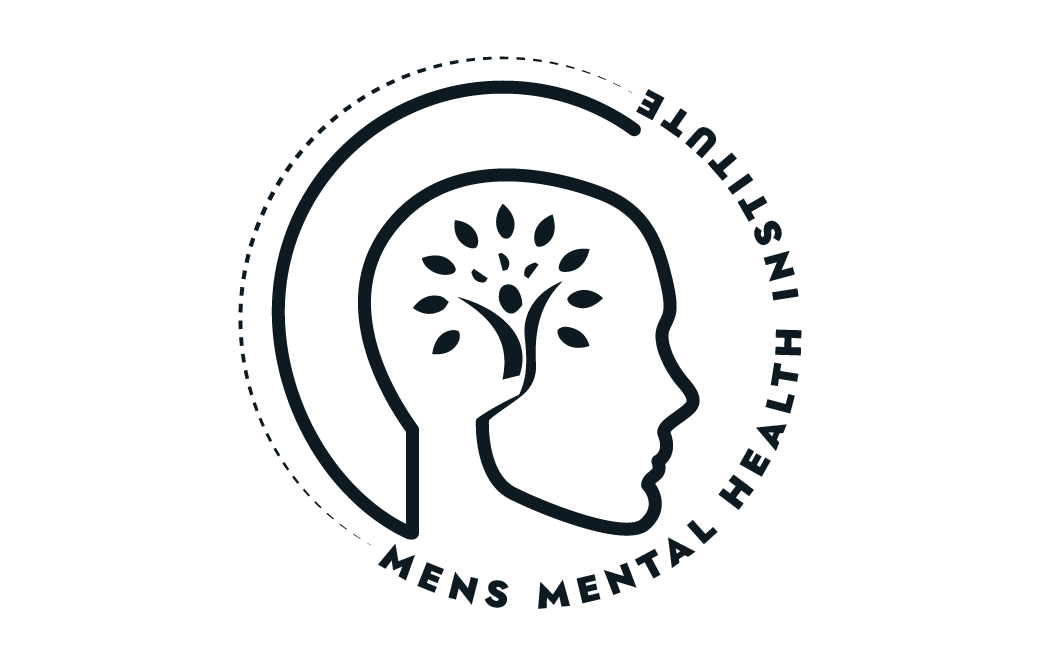Strength Redefined: Why the Modern Man Is Confused
Strength used to be simple. Provide. Protect. Push through. But today, youre told strength is problematic. That masculinity is dangerous. That dominance is toxic. Youre bombarded with contradictory messages: Be strong, but soft. Take charge, but dont be controlling. Express yourself, but not too much.
Its no wonder many men feel stuckresented if they show up powerfully, rejected if they dont. At best, youre misunderstood. At worst, youre villainized. So what do you do?
The answer isnt to throw away strengthits to redefine it. True strength has depth. Its not about power over others. Its about power with self-control, purpose, and discernment.
From a behavioral and evolutionary lens, masculine dominance is not inherently harmful. It evolved for leadership, protection, and provision. But when strength isnt tempered by emotional regulation, conscience, and long-term thinkingit becomes aggression. The real issue isnt masculinity. Its unintegrated masculinity.
Unfortunately, social systems often conflate male confidence with danger. The mental health field, too, is quick to pathologize traditionally masculine traitslike assertiveness or risk-takingas problematic, without examining context. Men are labeled narcissistic, emotionally unavailable, or controlling, often without any real understanding of the deeper patterns behind their behavior.
We dont need less masculinity. We need better integrated masculinityone that includes strength and responsibility, leadership and self-reflection.
Therapy That Helps You Reclaim & Refine Masculine Strength
In our practice, we help men build a new kind of strengthone that is resilient, grounded, and unshakeable. Heres how:
Cognitive Behavioral Therapy (CBT)
CBT helps separate distorted cultural messages from truth. It breaks down beliefs like if Im dominant, Im toxic or if Im sensitive, Im weak and replaces them with self-constructed definitions of power, discipline, and emotion.
Shadow Work & Jungian Integration
Every man has a shadowa set of traits he disowns to survive or be accepted. This might be your aggression, your need for power, your emotional intensity. We dont bury the shadowwe bring it into the light. When you integrate your shadow, you become less reactive, more balanced, and more trustworthy.
Emotional Regulation (DBT & Somatic Work)
Strength without regulation is dangerous. We teach you how to stay calm under pressure, speak clearly under attack, and assert boundaries without violence. This isnt about being softits about becoming unshakeable.
Purpose-Driven Narrative Therapy
When a man lacks purpose, his strength gets misused. Purpose gives direction to your dominance. It anchors your energy. We help you reconnect to a personal missionsomething bigger than pleasure or pain. Whether thats legacy, service, family, or self-mastery, your strength needs a direction or it will implode.
Relational Intelligence (Attachment + Interpersonal Models)
Being a strong man in relationship doesnt mean controlling your partnerit means leading with presence, clarity, and emotional maturity. We help you build relational skills without sacrificing your masculine essence. You can hold space without losing yourself. You can lead without domination.
And above all, we acknowledge the systemic gaslighting men experience. Youre not toxic because youre masculine. Youre not broken because you want to lead. Youre not dangerous because you have testosterone. Youve just never been taught how to harness your instinctsbecause we live in a world more comfortable shaming men than teaching them.
What Happens When You Step Into Integrated Strength
When you redefine strength on your own terms, you stop shrinking. You stop apologizing for who you are. You stop trying to win people overand start leading yourself.
In love, you become a safe, grounded presence. You attract women who are drawn to your stability and claritynot threatened by it. You handle conflict without losing control. You lead the emotional tone of the relationship with maturity.
In life, you make clearer decisions. You no longer ask What do they want from me? but What kind of man do I choose to be? You move through the world with intention.
In mental health, you stop suppressing your emotionsand instead, direct them. Anger becomes boundary-setting. Sadness becomes clarity. Fear becomes focus. You dont run from feelings; you channel them.
In identity, you finally feel whole. You dont need to be the nice guy or the alpha. Youre integrated. Dangerous when needed. Tender when chosen. Present. Disciplined. Fully you.
This is what true strength looks like. Its not about domination. Its about dominionover self, over story, and over the life you are building.








